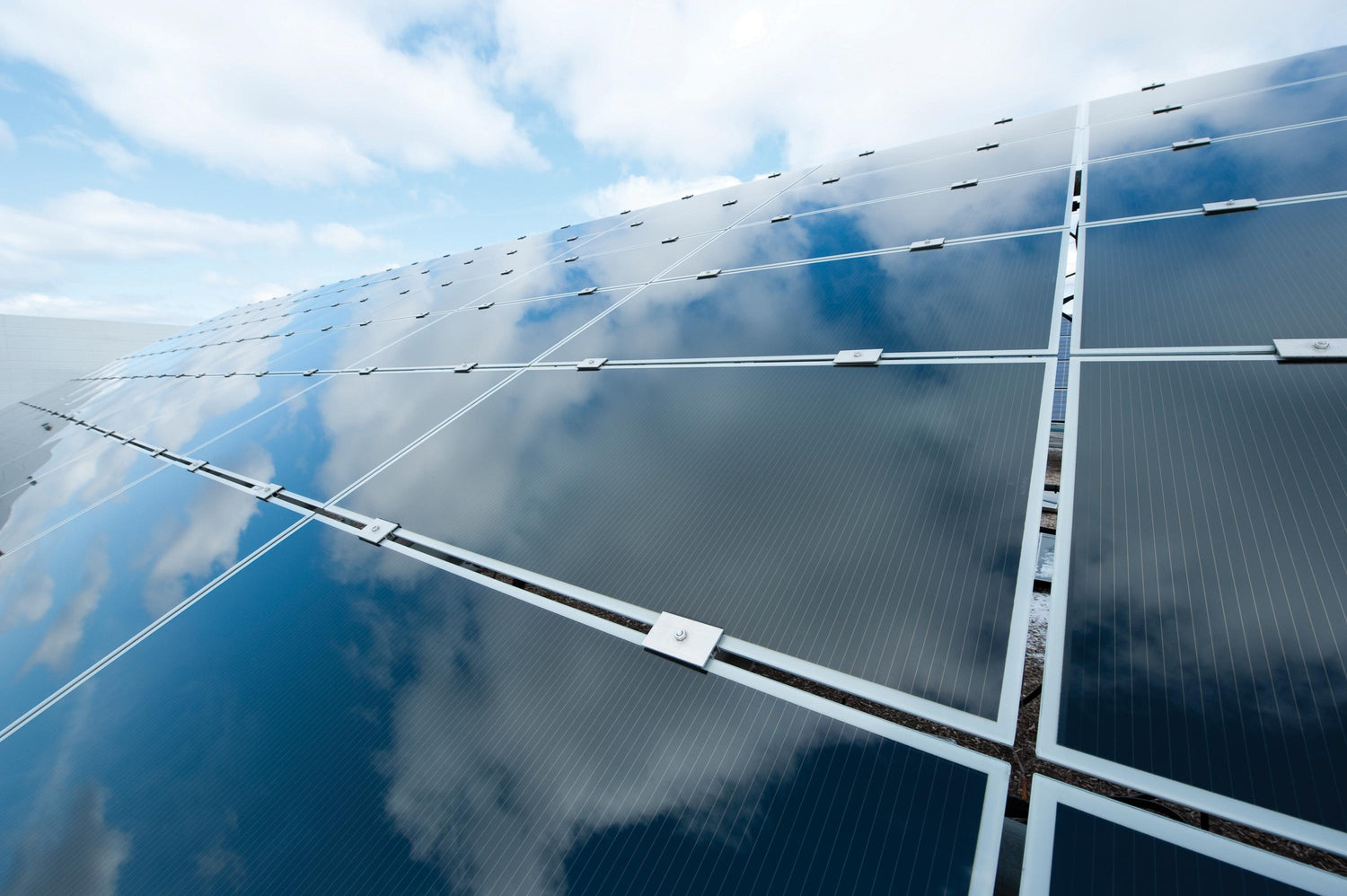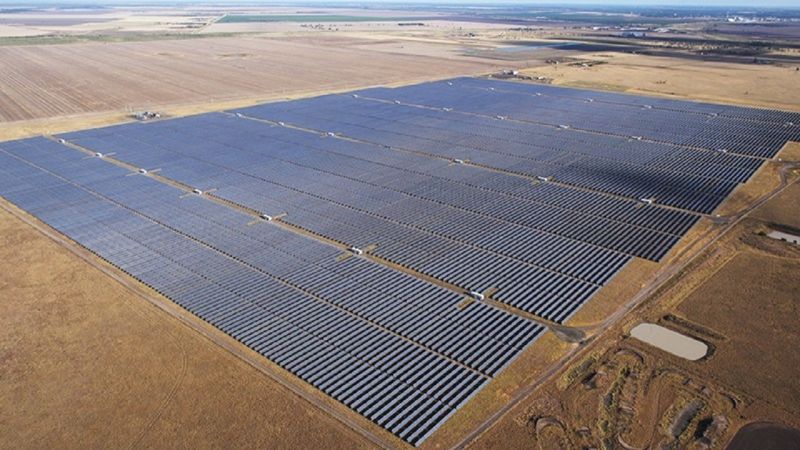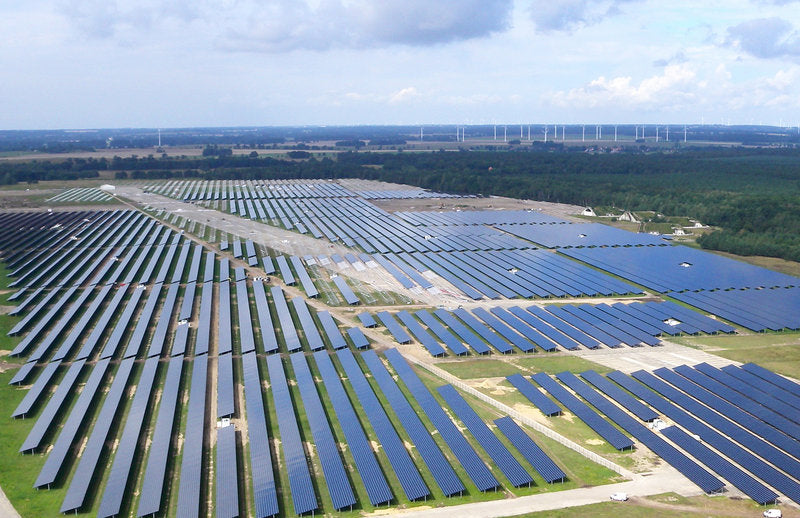Solar panel manufacturers make their systems as tough as possible since they’re constantly exposed to elements. Solar panels are durable enough to withstand a hurricane among other tough conditions.The good news is that you generally don’t have to worry about hurricane winds, rain, or hail ruining or damaging your solar panels since they’re built to be resilient. But you’ll need to take some necessary precautions before any tropical storms hit.
How durable are solar panels?
Solar panels might seem fragile since some are made of glass, but high-quality, thick tempered glass is actually quite strong. However, solar panels made of monocrystalline silicon are much more common and have greater durability overall. For instance, Xinpuguang@-Flexible Series Solar Panel uses high-efficiency monocrystal solar cells that not only offer higher efficiency up to 21% but have longer service life than ordinary solar panel. Monocrystalline silicon is made by melting pure silicon and forming it into bars, then cutting it into wafers. The purer the silicon, the more efficient your solar panels are. Manufacturers also rigorously test their products and pursue third-party verification to ensure their solar panels can withstand a hurricane and its toughest conditions including high-force winds, large hail, and heavy rain.
Effects of hurricane weather on solar panels
Rain has no real negative effect on solar panel systems. Solar panels and their connectors are durable and waterproof. All products of SOLARPARTS adopt PET/ ETFE thin film to protect the surface of the solar panel. You won’t have to worry about them falling apart when the rain starts pouring down. In fact, the residual rain droplets on your panels can actually have a positive effect on your energy generation. Water is reflective, so those droplets will attract light and boost energy generation when the sun reemerges after a rainstorm. Rain is also helpful in washing away dirt and debris from your solar panels. This keeps them clean for ample sunlight absorption.
Most solar panels can handle wind speeds of up to 2,400 pascals, which equates to 140 miles per hour (mph). The best manufacturers engineer solar panel systems with local wind patterns in mind. The more severe a hurricane category is, the less frequently it occurs. The typical sustained wind speed for Category 3 hurricanes is between 111 and 129 mph. Nevertheless, your solar panel system should have no trouble combatting these strong wind loads and can withstand a hurricane.
Do solar panels and batteries work during hurricanes
Solar panels can still generate energy in spite of the intense rain and clouds that hurricanes bring. Your system’s panels can absorb sunlight and produce electricity as long as sunlight is hitting them either directly or indirectly. However, hurricanes often cause damage to grid lines, which results in power outages. In the event of an outage, all solar systems need to halt power generation for the safety of electricians working to restore the grid. This is why having a solar battery for backup power.
How to prepare your solar panels for a hurricane
You’ll likely hear from your local weather station if a hurricane is on the way. It doesn’t make sense nor is it necessary to remove your solar panels from the ground, a wall, or your roof, especially since they help in protecting your home’s roof from potential storm damage.
How to inspect your solar panels after a hurricane
You should always inspect your solar panel system for damage once a hurricane has passed. And take photos of any damage whether you’re doing the inspection yourself or asking a solar specialist to help you. Make sure to avoid any exposed or displaced wires. The system could be energized with currents and potentially harm you. If you wan to know more about solar panel, contact SOLARPARTS without any hesitation. We make sure our products will not let you down.



